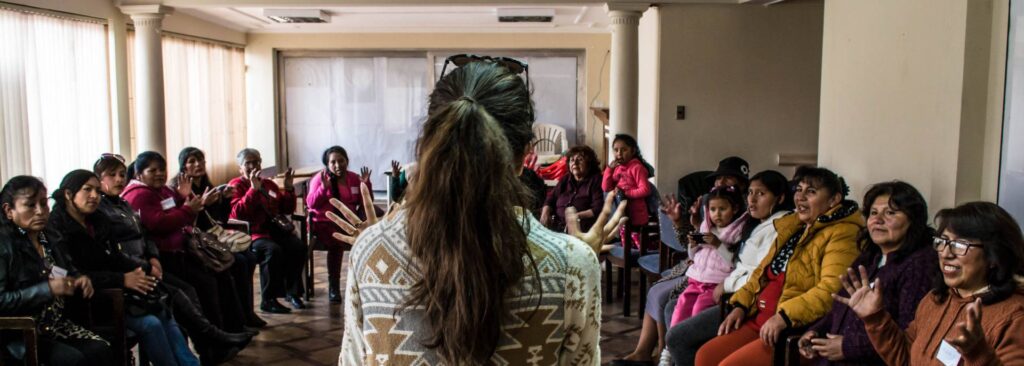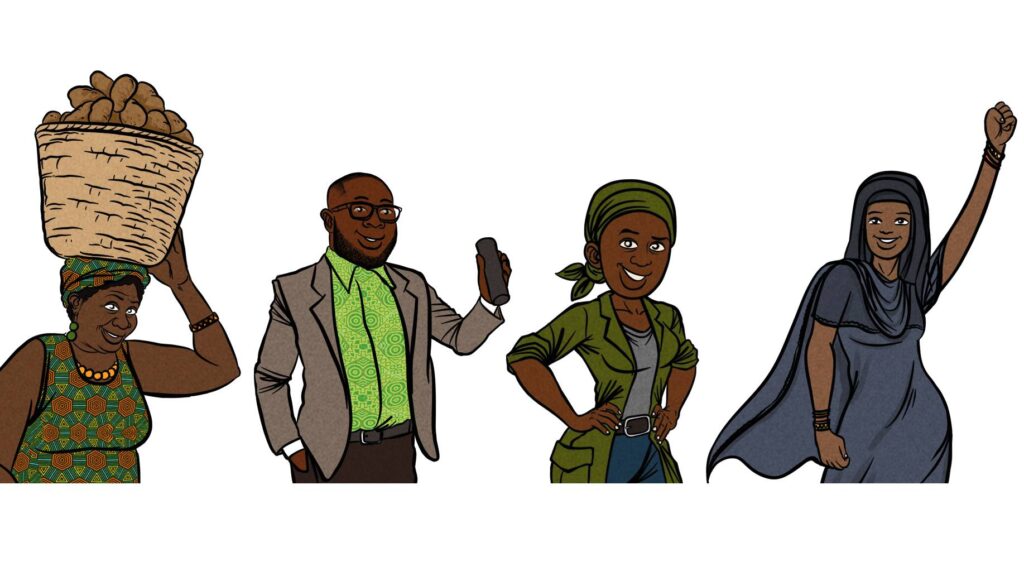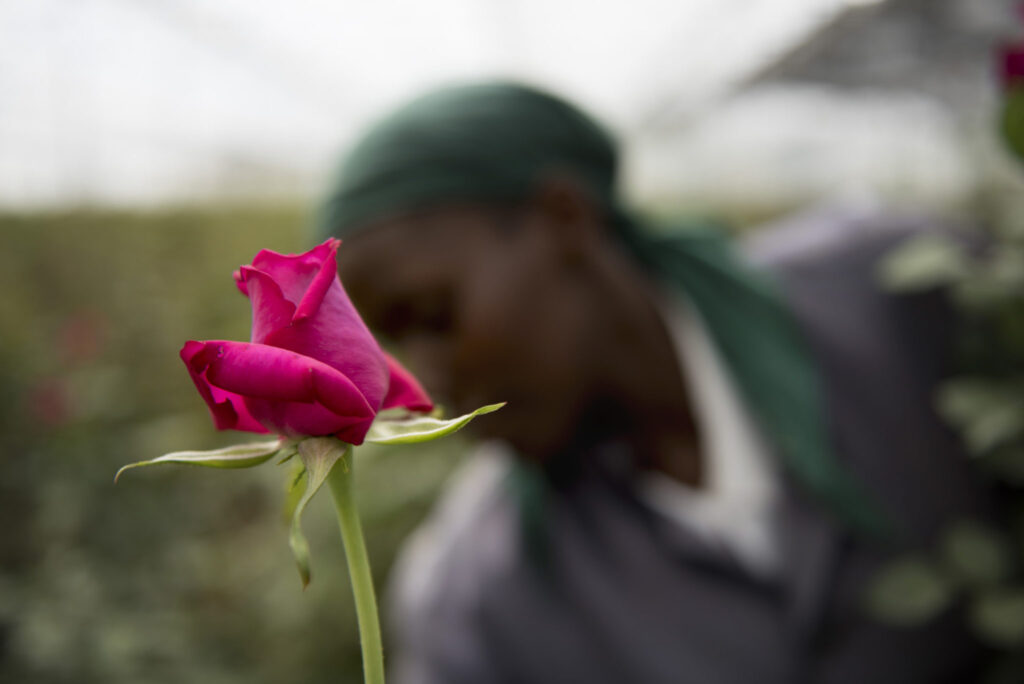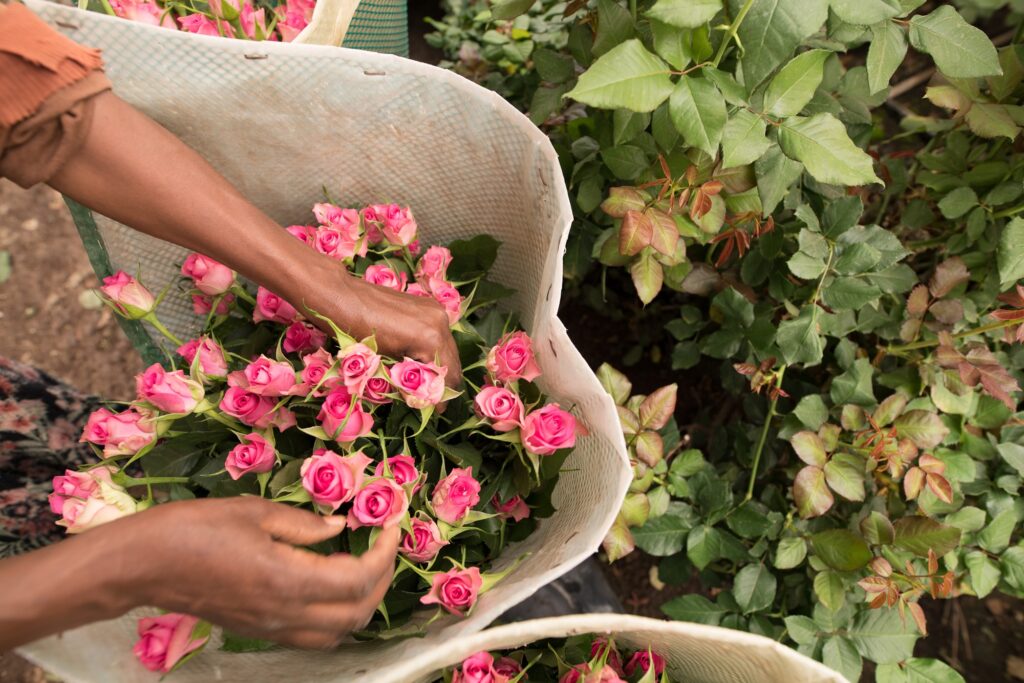This program has ended
Women@Work was part of a five-year-long strategic partnership between ARTICLE 19, Hivos, IIED and the Dutch Ministry of Foreign Affairs, which ended in 2020. On this page you will find all evaluation documents.
Aim
To improve labor conditions for women working in global horticulture supply chains (flowers, fresh vegetables, beans, avocados and chilies) through fair wages, security in the workplace and good working conditions.
Where
Ethiopia, Kenya, Malawi, Rwanda, Tanzania, Uganda, Zambia, Zimbabwe
Why
Women doing unskilled, low paid and flexible jobs hardly ever benefit, no matter how well the economy is doing. Low wages and sexual harassment are a persistent problem for these women, especially in horticulture.
How
Since 2012, Women@Work has established itself as East Africa’s largest structured dialogue and advocacy platform on women’s labor rights. With ever-growing credibility, it works with business, governments and civil society actors to enforce change for women employees regarding decent wages, participation in decision making, leadership at management level and in trade unions, as well as safety and security in the workplace without sexual harassment.







